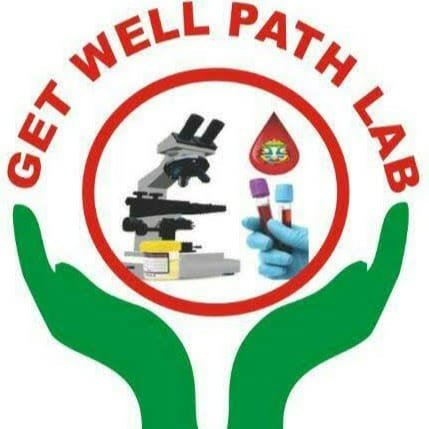A Complete Blood Count (CBC) is one of the most common blood tests used to assess overall health and detect a wide range of conditions, including infections, anemia, and blood disorders. But what exactly does a CBC include? It’s not just one test—it’s a panel of 14 key measurements that give insights into different components of your blood. Let’s break them down.
The 14 Tests in a CBC
A CBC test measures three main types of blood cells: red blood cells (RBCs), white blood cells (WBCs), and platelets. Here’s what each of the 14 tests evaluates:
1. White Blood Cell (WBC) Count
- Measures the total number of white blood cells, which help fight infections.
- High WBC count may indicate infection or inflammation.
- Low WBC count may suggest immune system issues.
2-7. White Blood Cell Differential (5 Tests)
Breaks down the different types of WBCs to provide more detail about your immune response:
- Neutrophils – First responders to infection.
- Lymphocytes – Help fight viral infections and produce antibodies.
- Monocytes – Assist in removing harmful bacteria and dead cells.
- Eosinophils – Play a role in allergic reactions and parasite defense.
- Basophils – Help with allergic reactions and inflammation.
8. Red Blood Cell (RBC) Count
- Measures the number of red blood cells, which carry oxygen throughout the body.
- Low RBC count may indicate anemia, while a high count may suggest dehydration or a bone marrow disorder.
9. Hemoglobin (Hgb or Hb)
- The protein in RBCs that carries oxygen.
- Low levels may indicate anemia, while high levels could point to lung disease or dehydration.
10. Hematocrit (Hct)
- The percentage of blood that is made up of RBCs.
- Helps assess anemia, hydration levels, and other conditions.
11. Mean Corpuscular Volume (MCV)
- Measures the average size of red blood cells.
- High MCV may suggest vitamin B12 or folate deficiency.
- Low MCV may indicate iron-deficiency anemia.
12. Mean Corpuscular Hemoglobin (MCH)
- Measures the average amount of hemoglobin in each red blood cell.
- Abnormal levels can help diagnose different types of anemia.
13. Mean Corpuscular Hemoglobin Concentration (MCHC)
- Indicates the concentration of hemoglobin in a given volume of RBCs.
- Helps differentiate types of anemia.
14. Platelet Count
- Measures the number of platelets, which help with blood clotting.
- Low platelet count may increase bleeding risk, while a high count may lead to clotting disorders.
Why Is a CBC Important?
A CBC test provides a broad picture of your blood health and can help detect:
✔️ Anemia (low RBC count, hemoglobin, or hematocrit)
✔️ Infections and inflammation (elevated WBC count)
✔️ Blood clotting issues (abnormal platelet levels)
✔️ Immune system disorders
✔️ Leukemia or other blood cancers
Your doctor will interpret the results based on your health history and symptoms.
Book Your CBC Test Today!
You can get a CBC test done at Get Well Path Lab for quick and accurate results. Contact us at 099530 01594 for free home sample collection, or visit us at:
📍 Shop No. LGF-05, Eldeco Arcadia Shopping Complex, Sec Pi – 1, Greater Noida, Uttar Pradesh 201308.
Book Your Test here : https://getwelllabs.in/cbc-blood-profile-24-tests/
Take charge of your health—schedule your CBC test today!



Add comment